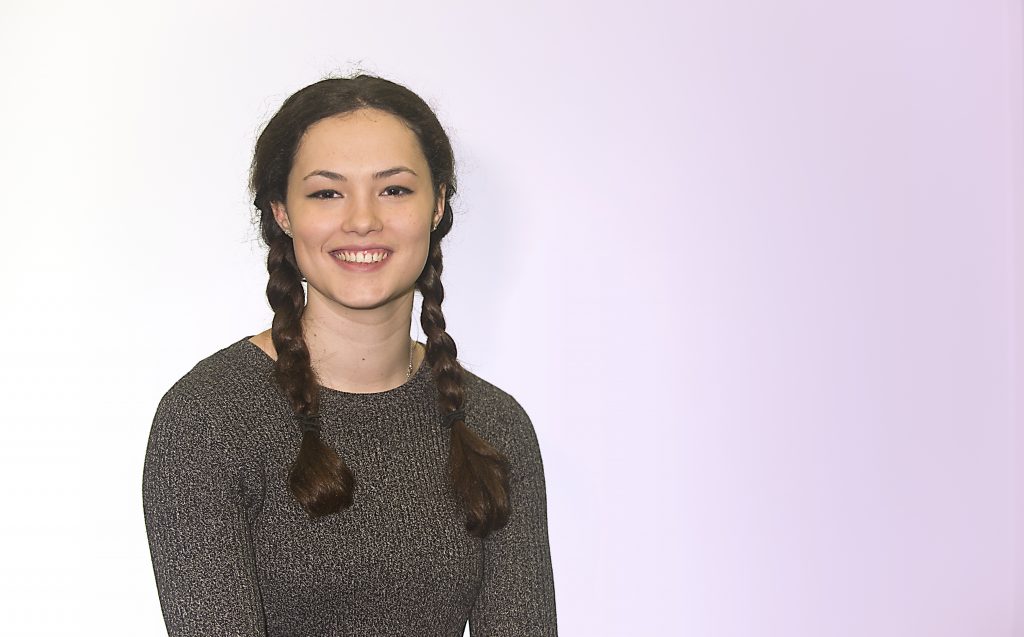Tshepo Tshambane, a postgraduate student writes about her passion for Geotechnical Engineering and what she hopes to gain from her postgraduate degree in the subject
I was born in Botswana, a country well known for its mines and rare earth commodities. So from living an almost nomadic life between all the mining towns in the country (due to my mother’s work within the various mines) this set the course for what I thought would be my life plan. I studied Mining Engineering as an undergraduate to be a mining engineer and go work in a mine-but it was then that I was introduced to Geotechnical Engineering. I fell in love! Geotechnical Engineering was the technical side that I felt that I had been missing. Mining was more about people and resource management, more theory than a “hands on approach”. I began researching the subject as a career and every coursework I undertook, I made sure to make it geotechnically aligned. I learnt that by studying Geotechnical Engineering at a higher level it could open doors that I had never cast my mind upon due to its niche nature.
It has only been a few months in and I am still astounded by the options and directions that my career path can take. At the end of my postgraduate degree I could go immediately into consultancy-which is an umbrella word in its own right as no one company seems to do the same thing! I could go back and work in those mines I grew up around but in a more specialised capacity; mining engineers are a dime a dozen but geotechnical engineers are a worth their weight in gold! At the end of the day I have a secret hope to be a lecturer… so I’m playing around with the idea of going into a PhD after this degree. To say that studying in Newcastle has broadened my horizons would be an understatement. I have never been more surrounded by information or help and guidance to pursue any future that I prefer. I chose Newcastle University only knowing how great their module choices were but it has been more than that since being here; I see the growth of my soft skills as much as my technical skills, I have met members and employees of companies and organisations that I now aspire to be a part of… My career path was never set in stone but it is here that I believe that I began the first steps.


